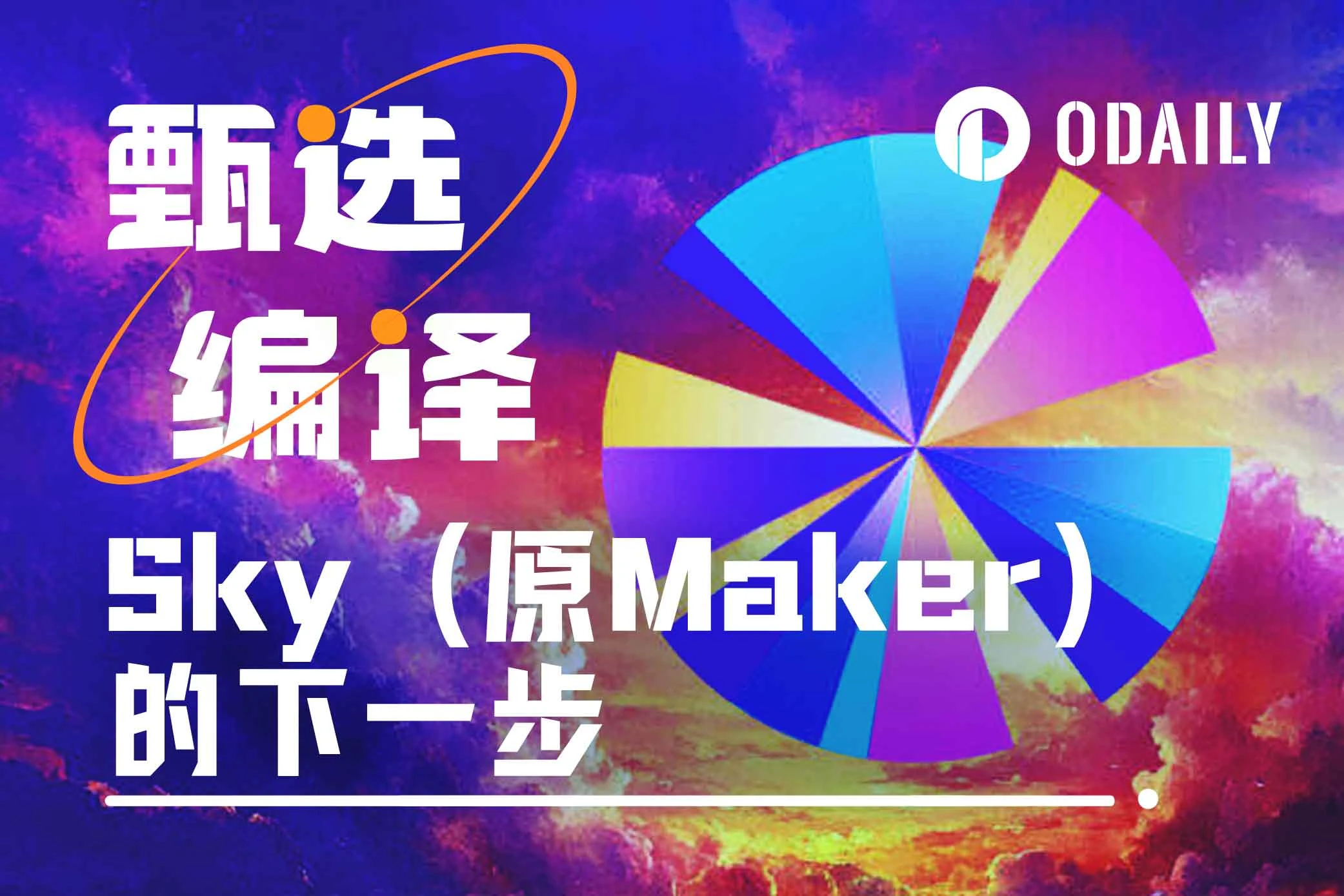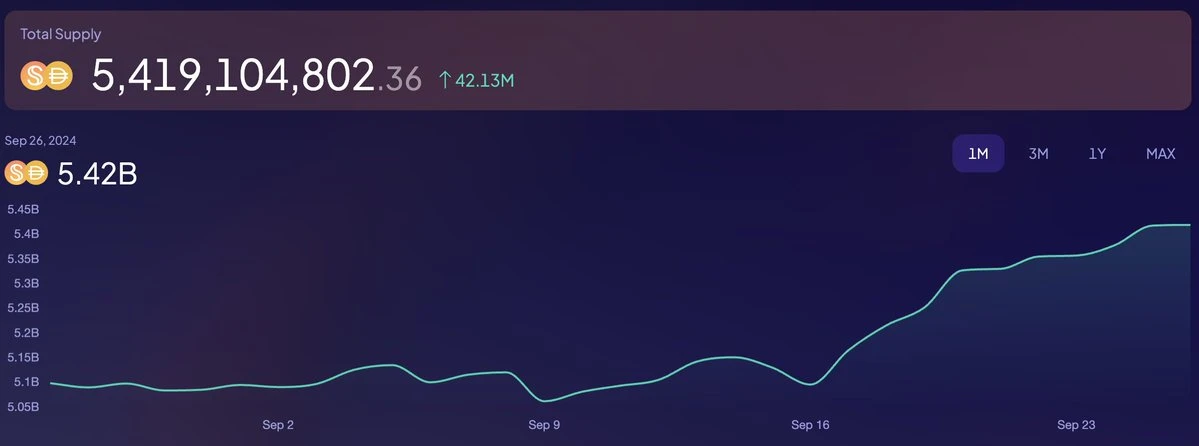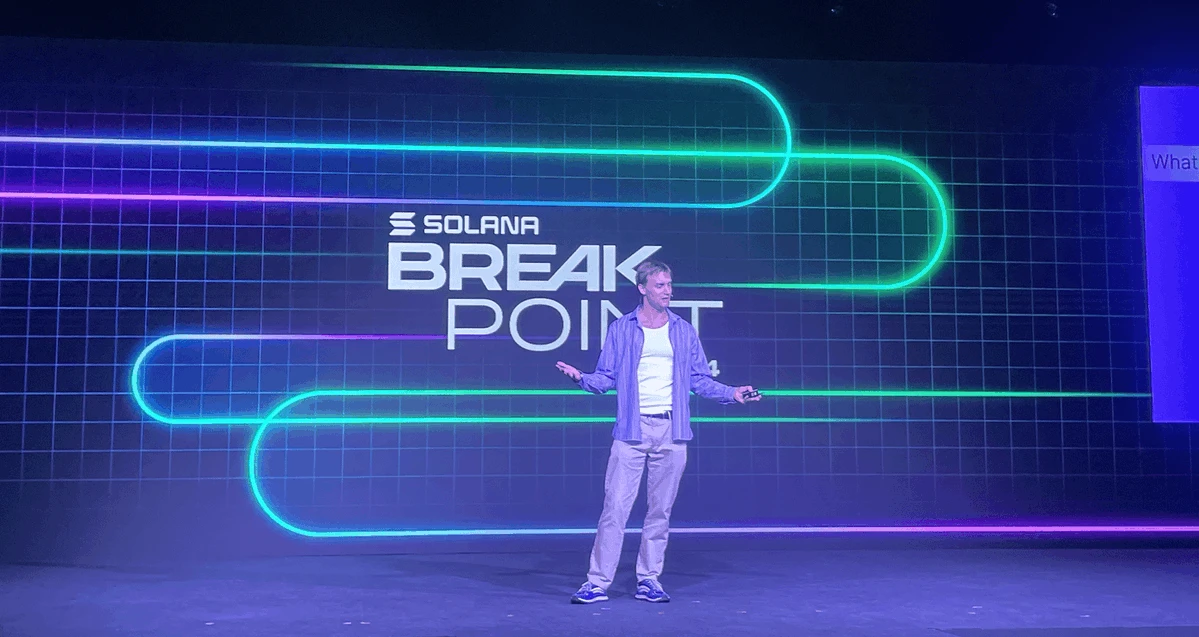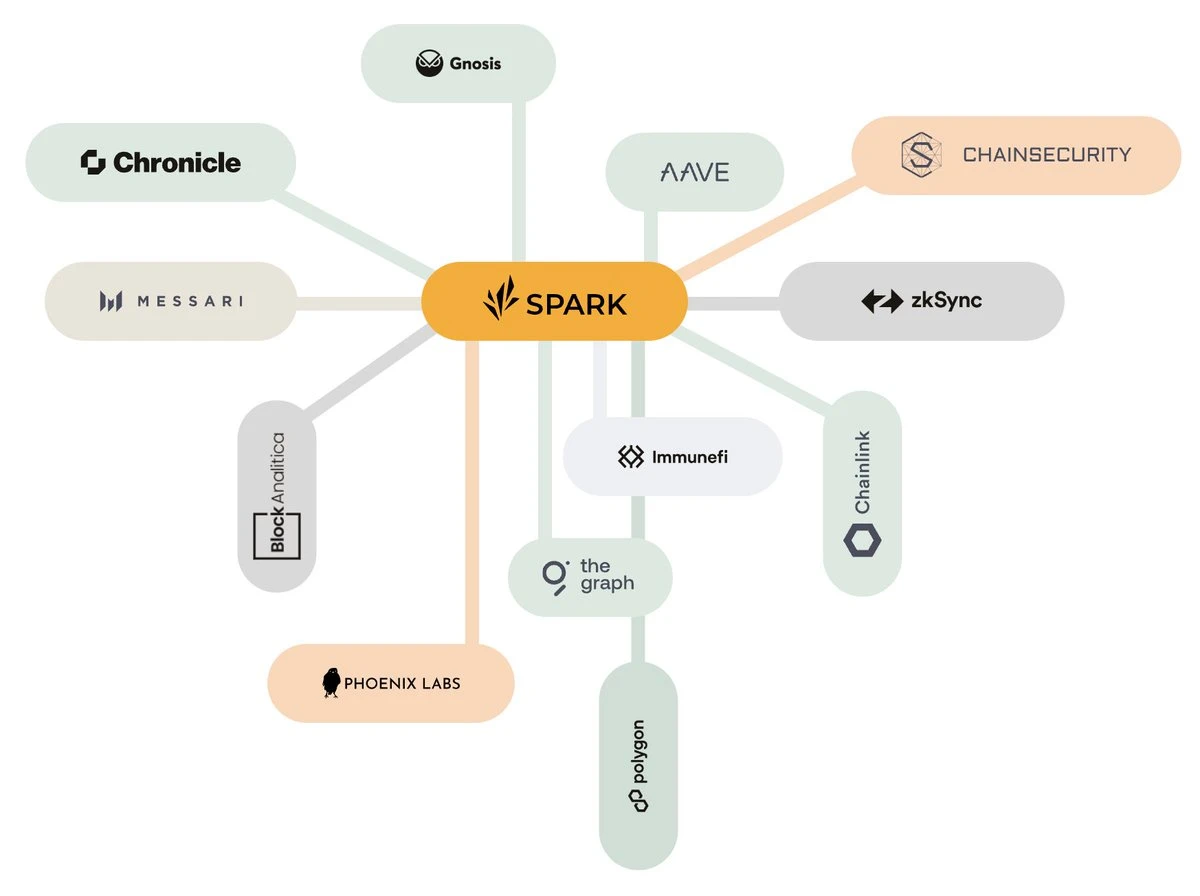Original author | Sky (formerly Maker) founder Rune Christensen
Compiler | Odaily Planet Daily (@OdailyChina)_
Translator | Azuma (@azuma_eth)_

Sky was officially launched 8 days ago, and we feel like we have entered a new era.
On September 18, Sky launched USDS and SKY tokens, and activated functions such as "USDS Savings Rate" and "USDS Token Rewards," allowing people to experience the Sky ecosystem for the first time. Many different front-end operators have provided related services, including sky.money, summer.fi, and defisaver.com.
In these 8 days, the new tokens have gained significant adoption. The supply of USDS has exceeded 570 million, with a net inflow of 200 million US dollars.

USDS and SKY have been widely integrated into major front-ends, wallets, and applications in the Ethereum ecosystem, and the upgrade has received widespread support from the community and the media.
However, this is just the beginning. In the next few months, we will continue to release new features and carry out major integrations. Over the past 2 years, the decentralized Sky ecosystem has been brewing projects, and everything that is ready will be released continuously.
Here are some new developments that have been approved or proposed for Sky governance, arranged in the expected launch order.
Sky partners with Aave

Sky and Aave, the two DeFi giants, will join forces to drive the revival of DeFi. The two protocols will be integrated, and the USDS market will be deployed on Aave, overlaying all possible reward mechanisms of the two protocols.
By integrating USDS and the "USDS Savings Rate" function, Aave's USDS market will permanently overlay the USDS savings rate and the regular Aave market rate. In addition, both protocols will provide unique launch rewards to this pool, and SPK will be airdropped to users depositing USDS on Aave (the only place outside Spark Lend where SPK can be earned), and Aave will also provide additional incentives.
In short, for users who want to earn higher stablecoin returns through DeFi, the USDS market on Aave will be a simple and secure choice, and the two DeFi giants will jointly maintain this market.
After the Aave USDS market is launched, Sky will start (with the help of Spark Star) to allocate USDS collateral to the Aave Lido market, thereby increasing liquidity and reducing borrowing costs for borrowers in the Aave Lido market.
Entering Solana

The next move is the highly anticipated Solana expansion plan, which is also welcomed by the Solana community, as the Solana DeFi ecosystem currently lacks a decentralized stablecoin with built-in rewards.
USDS and SKY will be bridged using Wormhole and will attract liquidity providers through targeted use of SKY incentives, allowing Solana users to obtain close to 1:1 USDS/USDC liquidity. Up to 2 million SKY tokens will be directed weekly for the DeFi reward program on Solana.
This will enable DeFi protocols on Solana to perform the same functions as the Aave USDS market and make USDS the best asset for earning DeFi rewards on Solana.
This will provide early preparation for the launch of Solana SkyLink, when all native Sky features will be available on Solana.
SKY Early Bird Airdrop
Users who registered on Sky.money before the official launch of Sky can currently receive double SKY rewards through the Early Bird program by holding USDS. These additional double rewards will be distributed through airdrops.
If you registered for the "Early Bird Program" and meet the requirements, you can still receive double rewards until October 16.
SKY "Seal" Module
The "Seal" module is the first major core feature to be launched shortly after Sky's launch, allowing eligible SKY and MKR holders to "seal" their tokens, after which these assets will be locked with a 5% "exit fee." In return, they can receive:
USDS rewards;
Generate USDS using SKY and MKR as collateral;
Choose to receive other rewards in the future, such as SPK;
The "Seal" module may not be available in some countries/regions.
The high rewards coupled with the additional restriction of the "exit fee" will incentivize users to participate in Sky ecosystem governance for a longer period. The "exit fee" for the "Seal" module is initially set at 5%, and will increase by 1% every 6 months. The increase in the "exit fee" applies to all users, including those who have already chosen to "seal." After 5 years of the module's launch, the "exit fee" will be permanently stabilized at 15% and will no longer be modified. The initial provision of a lower "exit fee" is to allow early users who change their minds to not bear too heavy a penalty, reducing the early risk of the module.
Once Spark is launched, users of the "Seal" module will also be able to choose to receive SPK (users must choose to receive USDS or SPK).
The reward allocation for "Seal" module users is 25% of the total net income of the Sky protocol and 15% of the total SPK emission.
SkyLink on Layer2
SkyLink will be launched on multiple Layer2s, making Sky a native multi-chain protocol. SkyLink is a custom bridging protocol that can deploy most of Sky's features natively to the target chain that needs to be connected. These features include:
Native USDS, SKY, sUSDS tokens;
Native 1:1 liquidity between USDS and USDC;
Native access to USDS savings rate and conversion between USDS and sUSDS;
Native USDS token rewards, including SKY, Chronicle Points, and SPK;
Native "activation" rewards (explained below).

The peak of the Sky Launch is the full launch of the Spark protocol, which is also the first independent Sky Star (sub-DAO).
From the launch, Spark will simultaneously launch on Ethereum and Layer2 through SkyLink, and the SPK token rewards on USDS will also start.
After the launch of Spark, Spark will start generating its own income from the difference between the base rate (the rate paid by Spark for generating USDS) and the income earned from allocated collateral.
The Allocation System will also go live, providing better flexibility for the Spark ecosystem to allocate collateral in new opportunities on Ethereum, Layer2, and other platforms.
These features will transfer a significant amount of net income currently earned entirely by the Sky protocol to Spark, creating conditions for Spark to mine all dynamic opportunities for the revival of DeFi and flexibly enhance its ability to create value further.
The net income earned by the Spark protocol will be used to accumulate SPK/SKY liquidity, similar to the intelligent burn engine for accumulating SKY/USDS liquidity for Sky.
SKY and SPK "Activation" Feature
With the full launch of Spark, both SKY and SPK tokens will have the "activation" feature, which can be used on multiple chains from the day of release.
SKY "activation" allows SKY holders to earn SPK rewards without "exit fees" or other forms of locking restrictions. SKY "activation" users can allocate 15% of the total SPK emission.
Conversely, SPK "activation" allows SPK holders to earn SKY rewards. SPK "activation" users will receive an allocation of 80 million SKY tokens annually.
Solana and Other Ecosystems' SkyLink
After the launch of Spark, the complete SkyLink multi-chain system will expand to Solana and other major Ethereum Layer2 solutions. This will also include the "Allocation System" linking to major DeFi lending pools and protocols on each chain, significantly increasing DeFi liquidity, enabling Spark to generate more net income, and allowing Sky to charge higher base rates, providing better savings rates for USDS holders.
2025 and Beyond
The above developments are the major announcements made by Sky so far, but of course, we will not stop there.
The key to Sky's continued expansion lies in its inherent ecosystem parallelization strategy, so Sky will continue to roll out more innovative features, and Spark will start formulating its own long-term roadmap, including new features, applications, and adoption strategies.
Ultimately, the next Star (sub-DAO) after Spark will also launch, building its own innovative solutions and adoption roadmap, creating another parallel path and achieving new growth.
After that, Sky will continue to incubate and launch more Stars, while also building core technology to improve the efficiency, speed, and security of each Star through AI governance and data tools, and expanding to more new blockchains through continuous optimization of SkyLink.
免责声明:本文章仅代表作者个人观点,不代表本平台的立场和观点。本文章仅供信息分享,不构成对任何人的任何投资建议。用户与作者之间的任何争议,与本平台无关。如网页中刊载的文章或图片涉及侵权,请提供相关的权利证明和身份证明发送邮件到support@aicoin.com,本平台相关工作人员将会进行核查。




